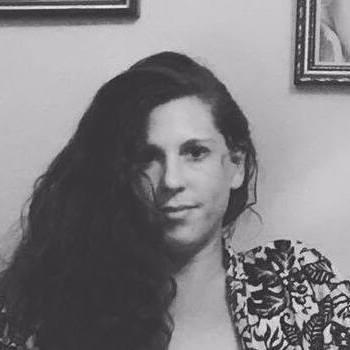On August 5th, New Orleans cannabis aficionados breathed a huge sigh of relief as the New Orleans City Council unanimously voted to pardon over 10,000 people convicted of cannabis possession effective immediately. Though the rules still ban smoking cannabis outside the home, any tickets issued for smoking will be classified as an ordinary smoking violation, not a drug offense.
The council’s move not only relieves those currently caught in legal snares for possession, but also extends the pardon to possession of paraphernalia and, more importantly, all future offenses. According to Council President Helena Moreno’s office, “Anyone who receives this summons is immediately forgiven with no additional action necessary by the accused, the officer, or the court; this means no court appearance and no police report are needed.”
Moreno, who authored the proposal to end penalties for cannabis possession, has long considered decriminalization a top priority. “We must begin to rethink the historical practices that have over-incarcerated, over-fined, and stigmatized our communities for decades,” she says. “The time to end the criminalization of cannabis possession is now.”
For New Orleans native Lee Tabb, who finished serving what he hopes to be his last sentence two months ago, the council’s decision is an emotional one. “I’ve been arrested for marijuana possession several times, for as little as a joint to four ounces,” he says. Tabb grew up in the 8th Ward of New Orleans during the crack epidemic, and his many encounters with the New Orleans criminal justice system has left him with a deep sense of distrust. “One time I got caught with half a gram, and it ended up costing me $7,000 from bonding out of jail, court costs and fees, and probation fees–all for $10 worth of marijuana.”
Lower level cannabis charges have long been a mainstay of the Louisiana “user pay” criminal justice system. For decades, the astronomical costs of incarceration have kept the city’s poorest residents stuck in a kind of debt peonage system where the courts force those who are victimized by the criminal justice system to pay for the privilege. New Orleans court officials such as Harry Cantrell, whose bail practices were recently ruled unconstitutional, directly profited from the steep bails he levied for even minor offenses, and district courts relied on court fees as a major source of revenue. More often than not, the process would start with cannabis possession.
“It made me not want to mess with marijuana again,” says Tabb, though he sees no logic in prohibition. “I think it should never have been illegal. Initially it was for medicinal purposes. It comes from the earth and it’s perfectly natural,” says Tabb. “It calms me down, keeps me happy.”
When asked if the Council’s decision means he will finally be walking the streets of New Orleans with a joint in his pocket, Tabb shakes his head. “I don’t trust that law, because I think that only applies to first timers. If you’re a convicted felon, as a Black man in America, once they pull my name and see that I’ve already been arrested for it they’ll take me to jail.” He says that even if cannabis is being decriminalized, it’s not uncommon for New Orleans police officers to hold people in jail for a few nights without a charge, and Tabb has seen enough of New Orleans jails to last a lifetime. “I think I’ll smoke at home,” he says, “and then go out, enjoy the world, and smell my flowers without worrying about it.”





